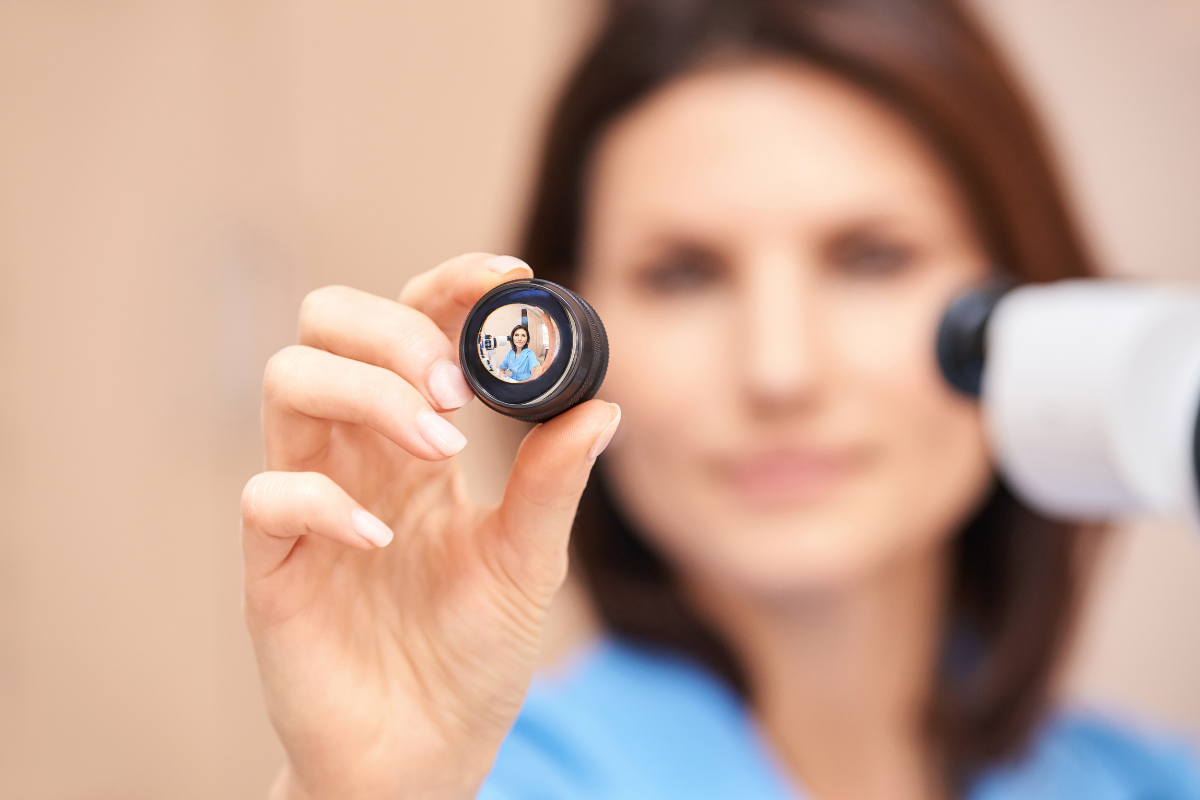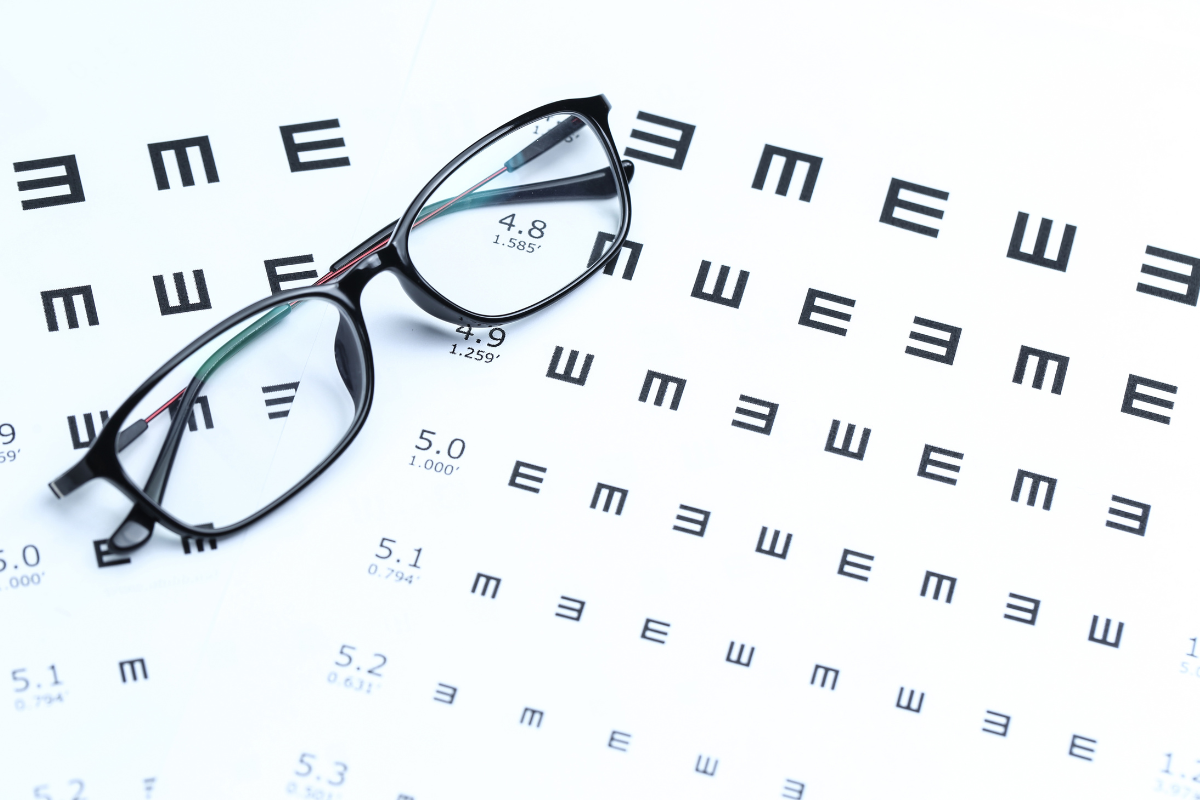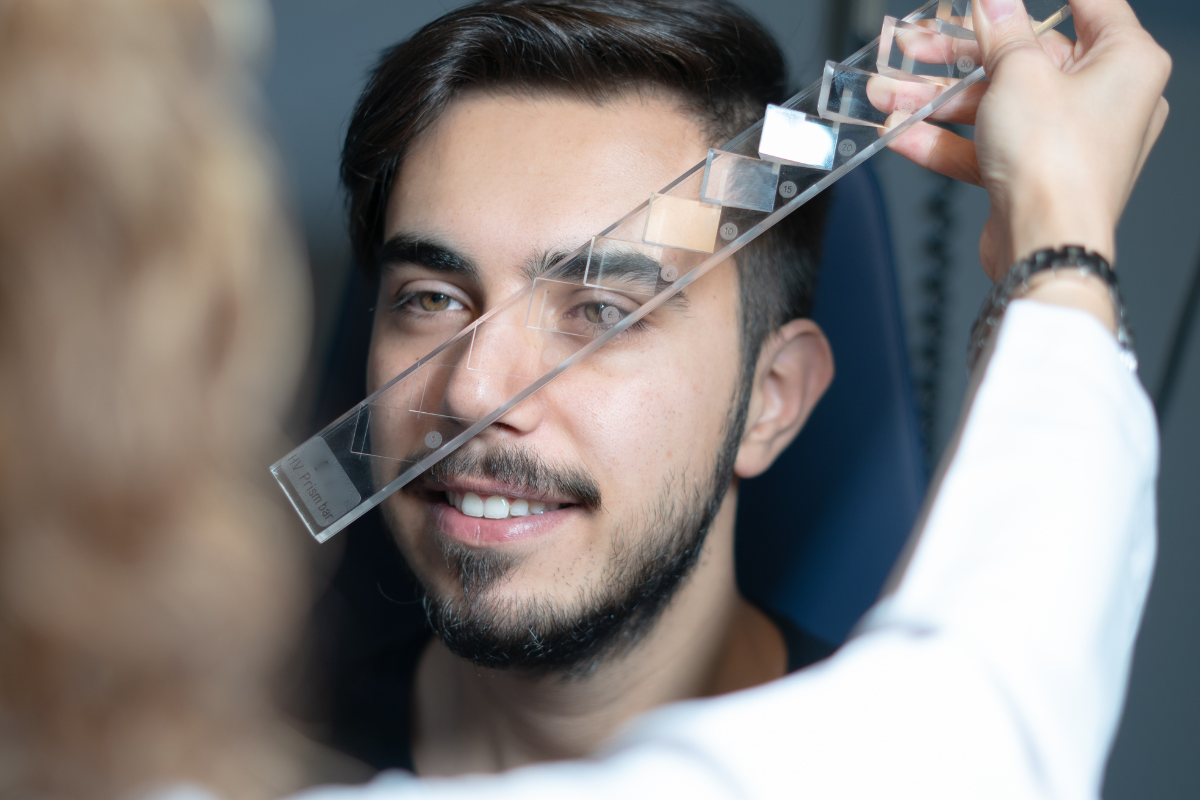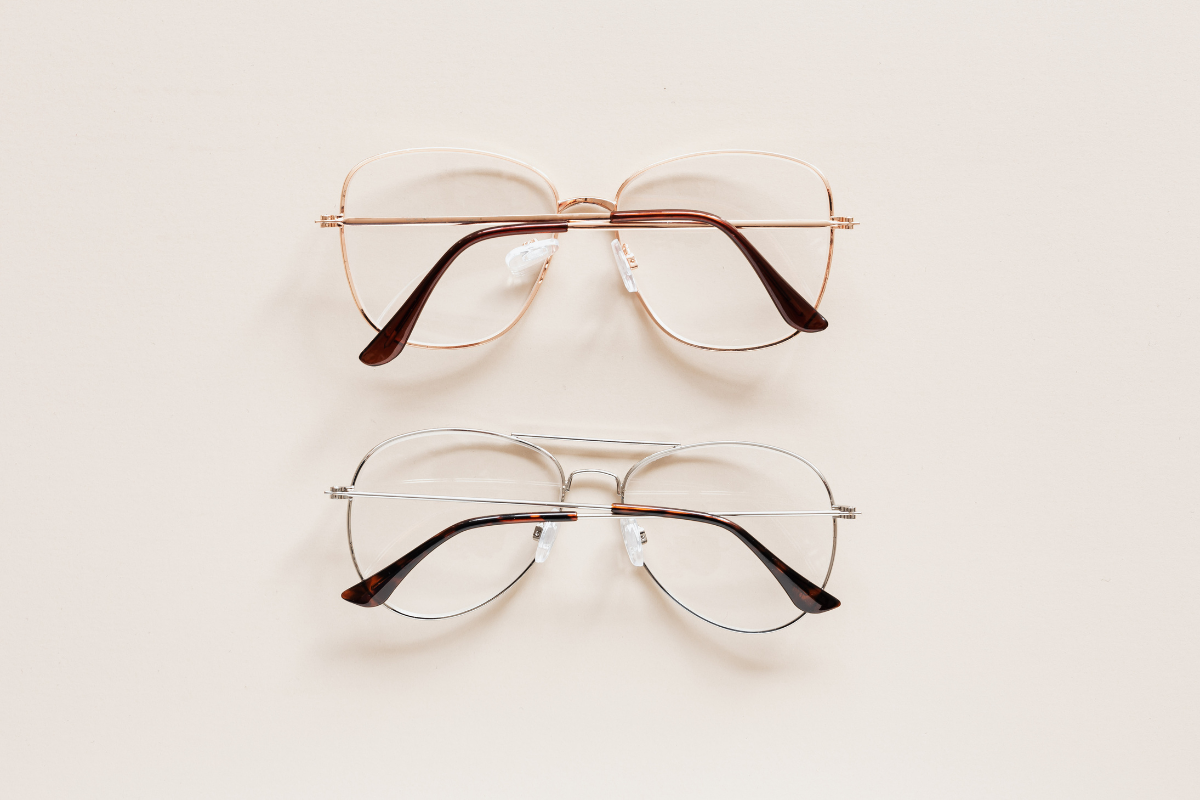
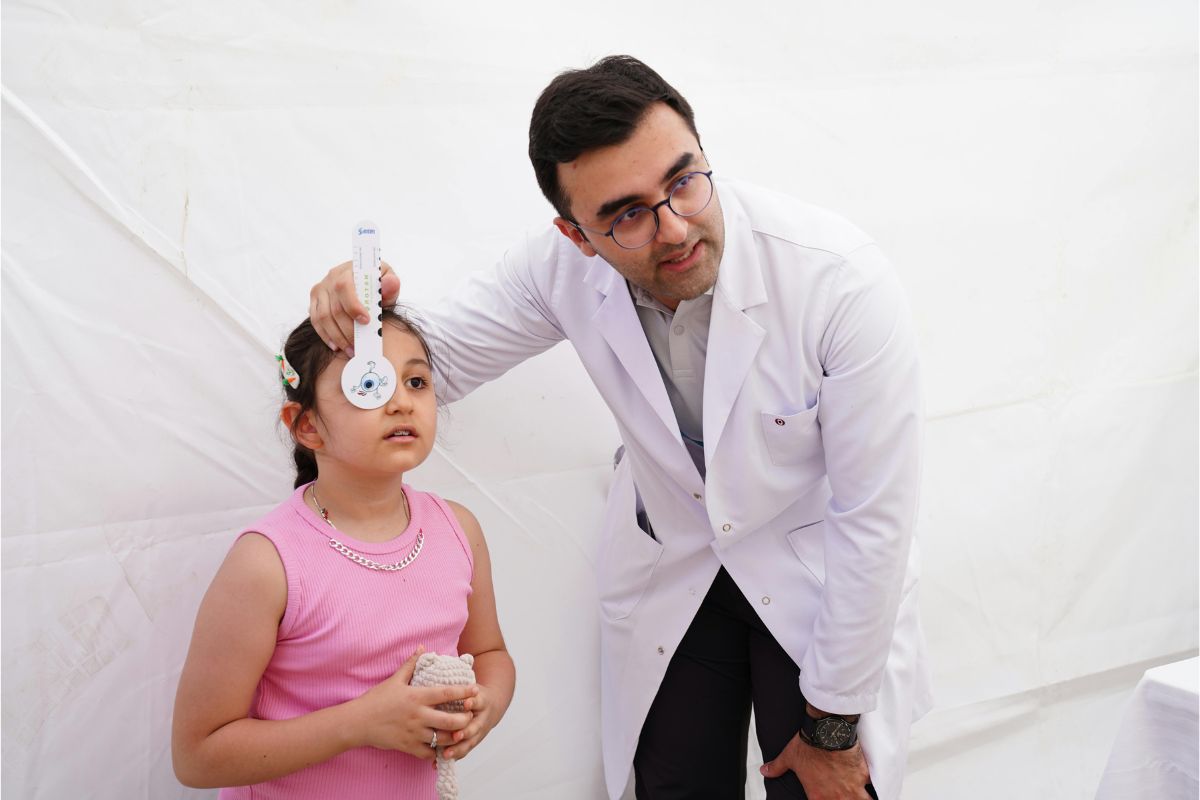
The Pediatric Eye Exam in Savannah, GA has become an increasingly vital part of children’s long term development as digital learning, screen exposure, and technology based education continue to shape daily routines for families in Savannah.
Vision plays a major role in how children learn, explore, and interact with the world. Studies show that more than half of early learning is visual, which means even small vision issues can affect reading, comprehension, and overall academic confidence. As children spend more time on digital devices for schoolwork and entertainment, pediatric vision health has become a top priority for parents and educators.
Digital screens place unique stress on developing eyes. Increases in screen time have led to higher rates of eye strain, dryness, and focusing difficulties in children. Many parents do not realize that common symptoms such as headaches, short attention span, or reluctance to read may be related to vision challenges rather than learning difficulties.
Modern pediatric eye exams help identify these issues early and provide solutions that support both academic performance and long term visual development.
Advances in eye care technology have transformed how providers evaluate and support children’s vision. Pediatric exams today include detailed assessments that go far beyond checking clarity at a distance.
This technology captures high quality images of the retina, allowing providers to identify early signs of ocular and systemic conditions. While rare in young children, early detection is essential for preventing long term issues.
Children rely on accurate eye coordination for reading, sports, and classroom activities. Binocular vision assessments measure how well the eyes work together and identify potential problems such as convergence insufficiency.
These tests help evaluate how effectively a child shifts focus from near work to far distances. Difficulties in this area often lead to fatigue during homework or trouble paying attention in class.
Child friendly digital refraction tools improve accuracy when determining prescriptions for glasses or contact lenses. This is especially helpful for identifying early refractive issues such as myopia and astigmatism.
One of the most significant changes in pediatric vision care is the rapid rise of childhood myopia. Researchers have found that increased screen time, reduced outdoor play, and extended close up activities contribute to faster myopia progression.
Unchecked myopia can increase the risk of serious eye conditions later in life. Pediatric eye exams are the first line of defense. Detecting myopia early allows providers to discuss treatment options that reduce progression and protect long term eye health.
Early symptoms of myopia may go unnoticed by parents. Routine exams ensure these changes are caught before they begin to affect performance in school.
Modern strategies such as specialty contact lenses, therapeutic lenses, and lifestyle adjustments help slow myopia progression and support long term visual comfort.
Clear vision is essential for academic performance. Children rely on accurate visual information to read, write, and understand instructions. When vision issues are left unaddressed, they often mimic attention or learning disorders.
Research shows that children with undiagnosed vision problems may struggle with reading speed, comprehension, and hand eye coordination. Regular eye exams help ensure that vision challenges do not become barriers to academic success.
Eye tracking issues can cause children to lose their place while reading. Correcting these issues often improves confidence and enjoyment in reading.
Children with vision problems may appear distracted or disengaged because their eyes become tired quickly. Proper diagnosis helps correct these concerns.
Vision plays a large role in coordination and depth perception. Pediatric eye exams support both academic and athletic performance.
Parents looking for high quality vision care for their children often turn to Forsight Unique Eye Care. Known for its warm environment and advanced pediatric diagnostic tools, the clinic provides detailed exams that address the needs of children at every developmental stage.
The team understands that each child is unique. They take the time to explain findings, answer questions, and create a comfortable experience that helps young patients feel at ease. Their comprehensive approach supports healthy development and clear sight for years to come.
Many pediatric vision problems are subtle and difficult for parents to identify. Routine exams help detect these concerns early and prevent long term complications.
The American Optometric Association recommends that children receive their first eye exam around six months old, followed by another comprehensive exam around age three. Once children begin school, annual exams are recommended to ensure vision stays aligned with learning demands.
Because digital learning creates new visual challenges, many parents choose to schedule additional exams during high growth phases or after significant increases in screen use.
As technology becomes a bigger part of childhood education and entertainment, pediatric eye care will continue to evolve. More families are learning about the importance of digital eye strain management, early myopia control, and lifestyle strategies that support healthier development.
Future advancements may include improved screening tools, personalized treatment plans, and stronger integration between pediatricians, schools, and eye care providers.
Pediatric eye exams are becoming one of the most important parts of supporting a child’s development in a digital world. With increased screen exposure and rising rates of myopia, early detection and routine monitoring are essential. For families in Savannah seeking knowledgeable, compassionate, and tech forward pediatric vision care, Forsight Unique Eye Care provides an experience designed to protect and enhance children’s vision health throughout every stage of growth.


